CONSORTIUM
CARE is a public-private partnership bringing together scientists from academia, research centers, Small Medium Enterprises (SMEs), European Federation of Pharmaceutical Industries and Associations (EFPIA) member companies and IMI Associated Partners. In total, it comprises 38 different partner organizations.
Professor Yves Lévy (1, Inserm) from VRI-Inserm is the academic coordinator, Marnix Van Loock (2, Janssen) from the Janssen Pharmaceutical Companies of Johnson & Johnson is the EFPIA project leader, and Kumar Singh Saikatendu (3, Takeda) from Takeda is the EFPIA project co-leader.
1

VRI-Institut National de la Santé et de la Recherche Médicale
(Inserm) – (Coordinator) FR
2

Janssen Pharmaceutica NV, Janssen Pharmaceutical Companies of Johnson & Johnson
(Janssen) – (Project Leader) BE
3
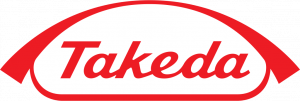
Takeda Pharmaceuticals International AG
(Takeda) – (Project Co-Leader) CH
4
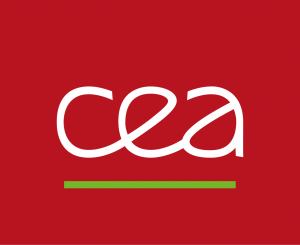
Commissariat à l’énergie atomique et aux énergies alternatives
(CEA) FR
5

Centre Hospitalier Universitaire Vaudois
(CHUV) CH
6

Eurovacc Foundation
(EVF) CH
7

Exscientia Limited
(EXSCI) UK
8
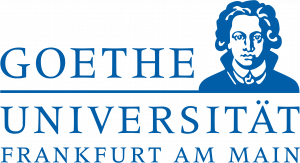
Johann Wolfgang Goethe University Frankfurt am Main
(GUF) DE
9

Helmholtz-Zentrum für Infektionsforschung GmbH
(HZI) DE
10
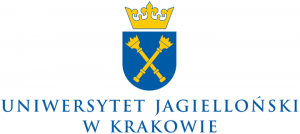
Uniwersytet Jagillonski
(JU) PL
11

Katholieke Universiteit Leuven
(KUL) BE
12

Academisch Ziekenhuis Leiden
(LUMC) NL
13
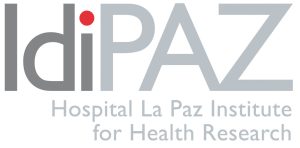
Servicio Madrileno De Salud
(SERMAS) ES
14

Nuvisan ICB GmbH
(NUVISAN) DE
15
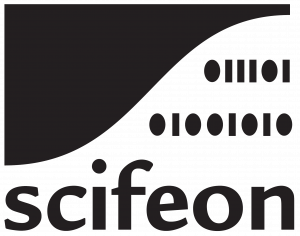
Scifeon ApS
(SCIFEON) DK
16
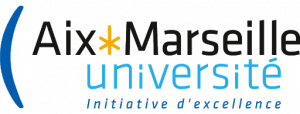
Université d’Aix-Marseille
(AMU) FR
17

The University of Edinburgh
(UEDIN) UK
18

University of Hamburg
(UHAM) DE
19
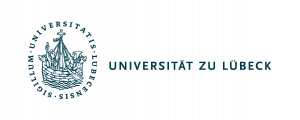
Universitaet zu Luebeck
(UzL) DE
20

Universiteit Utrecht
(UU) NL
21

Eidgenoessisches Departement des Innern
(EDI-IVI) CH
22

Inserm Transfert SA
(IT) FR
23

AbbVie Inc.
(ABBV) US
24

Astellas Pharma Europe BV
(ASTELLAS) NL
25
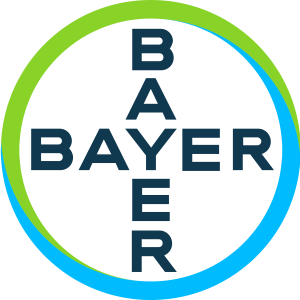
Bayer AG
(BAG) DE
26

Boehringer Ingelheim
(BI) DE
27

University of Dundee
(UNIVDUN) UK
28
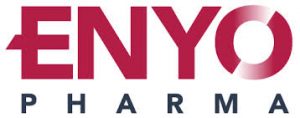
Enyo Pharma SA
(ENYO) FR
29

Bill & Melinda Gates Foundation
(BMGF) US
30

Global Health Drug Discovery Institute
(GHDDI) CN
31

Novartis Pharma AG
(NOVARTIS) CH
32

Pfizer LTD
(Pfizer) UK
33

Merck KGaA
(MKDG) DE
34
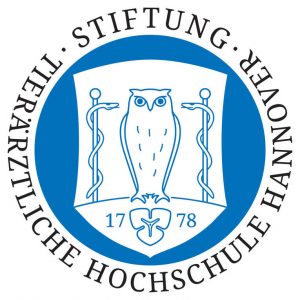
University of Veterinary Medicine Hannover
(TiHo) DE
35

Ai-biopharma SAS
(AIB) FR
36

AiCuris Anti-infective Cures GmbH
(AiCuris ) DE
37

Institut de Recherches Internationales Servier
(Servier) FR
38
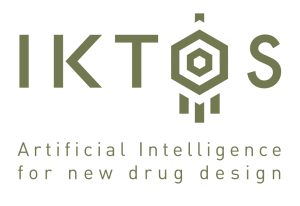
Iktos SAS
(Iktos) FR

